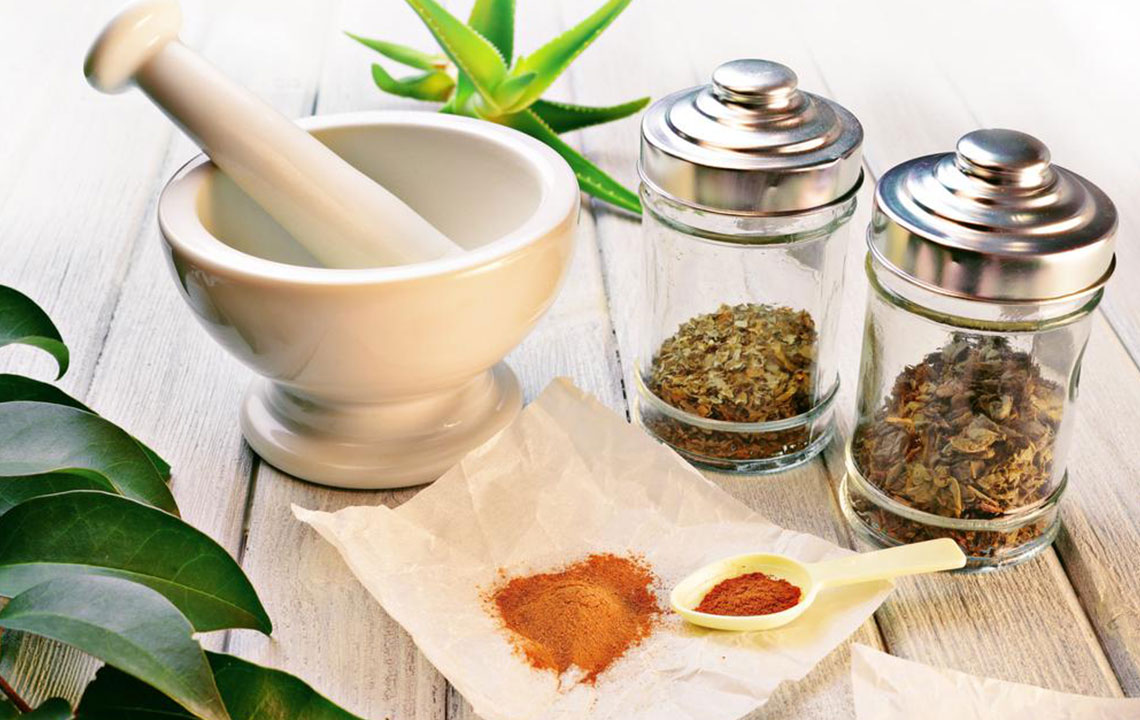Comprehensive Strategies and Medications for Managing Irritable Bowel Syndrome
This article explores comprehensive treatments for irritable bowel syndrome, including medications, lifestyle modifications, and home remedies. It highlights personalized medical options like Alosetron and Lubiprostone, dietary strategies, and natural remedies such as yogurt, ginger, and peppermint oil. Emphasizing the importance of adjusting lifestyle habits, the guide offers practical advice to manage symptoms effectively and improve quality of life for those affected by IBS. Consultation with healthcare providers is recommended for tailored treatment plans.

Effective Approaches and Treatments for Irritable Bowel Syndrome
Irritable Bowel Syndrome (IBS) is a common gastrointestinal disorder affecting the large intestine, significantly impacting daily life. Symptoms such as constipation, diarrhea, bloating, gas, and abdominal discomfort vary among individuals but do not typically increase cancer risk. While symptoms can be disruptive, they are manageable through specific medications and lifestyle adjustments. Effective treatment aims to alleviate symptoms, improve quality of life, and can include both medical therapies and dietary modifications.
Medications for IBS Management
IBS treatment is tailored to individual symptoms and underlying causes. In addition to diet and lifestyle changes, doctors often recommend medications such as Alosetron and Lubiprostone.
Alosetron relaxes the colon and moderates bowel movement, effectively reducing diarrhea but is carefully prescribed due to potential side-effects. It is prescribed when other treatments do not improve symptoms.
Lubiprostone is primarily used for women over 18, increasing intestinal fluid to promote easier stool passage. Common side-effects include abdominal discomfort, diarrhea, and nausea.
Additional symptomatic treatments include:
Antispasmodic and anticholinergic medications: Used for cramping and diarrhea, these drugs require a doctor's prescription and may cause constipation or urination issues.
Anti-diarrheal agents: Over-the-counter options like loperamide are effective for diarrhea control.
Antidepressants: Tricyclic antidepressants and SSRIs are prescribed for pain and associated depression, but only under medical supervision.
Antibiotics: Rifaximin can treat bacterial overgrowth contributing to IBS symptoms.
Fiber Supplements: Methylcellulose and psyllium help with constipation; if ineffective, osmotic laxatives such as polyethylene glycol may be recommended.
While medications help, lifestyle modifications are crucial, including staying hydrated, avoiding spicy or greasy foods, eating regularly, exercising, and staying away from alcohol.
Home remedies like yogurt, ginger, and peppermint oil can also soothe symptoms. Yogurt balances gut bacteria; ginger alleviates bloating and inflammation; peppermint oil relaxes intestinal muscles and eases pain.
Note: Although medication and home remedies are effective, managing stress through counseling and adopting a healthy lifestyle are essential. These include proper hydration, a balanced diet, moderate exercise, and avoiding irritants like alcohol, which can worsen symptoms. Consult healthcare professionals for personalized treatment and avoid self-medicating without guidance.










